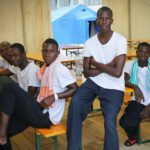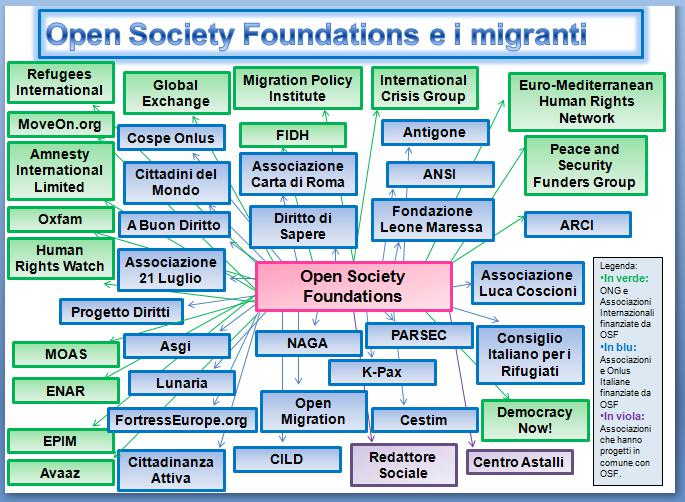We could say that, just looking at the plight of Southern European countries after years of EU-imposed austerity, where trust in the European project is fading, while the euro currency is increasingly under question.
This time however, we look eastwards, at big, bad Visegrad. The group composed of Poland, Czechia, Slovakia and Hungary has shared and separate interests.
Among the former is their unwillingness to take part in the refugee relocation program. Why? Because Angela Merkel invited them without first consulting the rest of Europe.
This is unbearable for the EU leadership, who loves diversity and wants to pass it off as a way forward, unless it’s diversity of opinion, a core tenet of the liberal democracy they claim to represent. Liberalism that once was about “I disapprove of what you say, but I will defend to death your right to say it’’, a quote maybe erroneously attributed to Voltaire, has now become “I disapprove of what you say, so just don’t say it’’.
The problem is even deeper. The Visegrad bloc has gained independence from a forced solidarity, another international project, the Soviet Union, less than 3 decades ago. Their experience makes them wary of unelected, centralized utopias. And yet once again they found that they have been entrapped in another one. Just when they thought they left one dystopia to join the free world, the free world itself has turned into one. Solidarity is voluntary, it can’t be forced. Angela Merkel’s approach resembles that of the Soviets rather than free people. Continue reading




















